-
 P126 - Haworthia Cuspidata - Star Window Plant
1 × $5.49
P126 - Haworthia Cuspidata - Star Window Plant
1 × $5.49 -
 P107 - Bear's Paw
1 × $6.99
P107 - Bear's Paw
1 × $6.99 -
 P124 - Sempervivum Spider Web
1 × $6.99
P124 - Sempervivum Spider Web
1 × $6.99 -
 P54 - Grassula Baby Necklace
1 × $6.99
P54 - Grassula Baby Necklace
1 × $6.99 -
 P127 - Sedeveria Pink Ruby
1 × $4.50
P127 - Sedeveria Pink Ruby
1 × $4.50 -
 P117 - Echeveria Trumpet Pinky
1 × $9.74
P117 - Echeveria Trumpet Pinky
1 × $9.74
Subtotal : $40.70

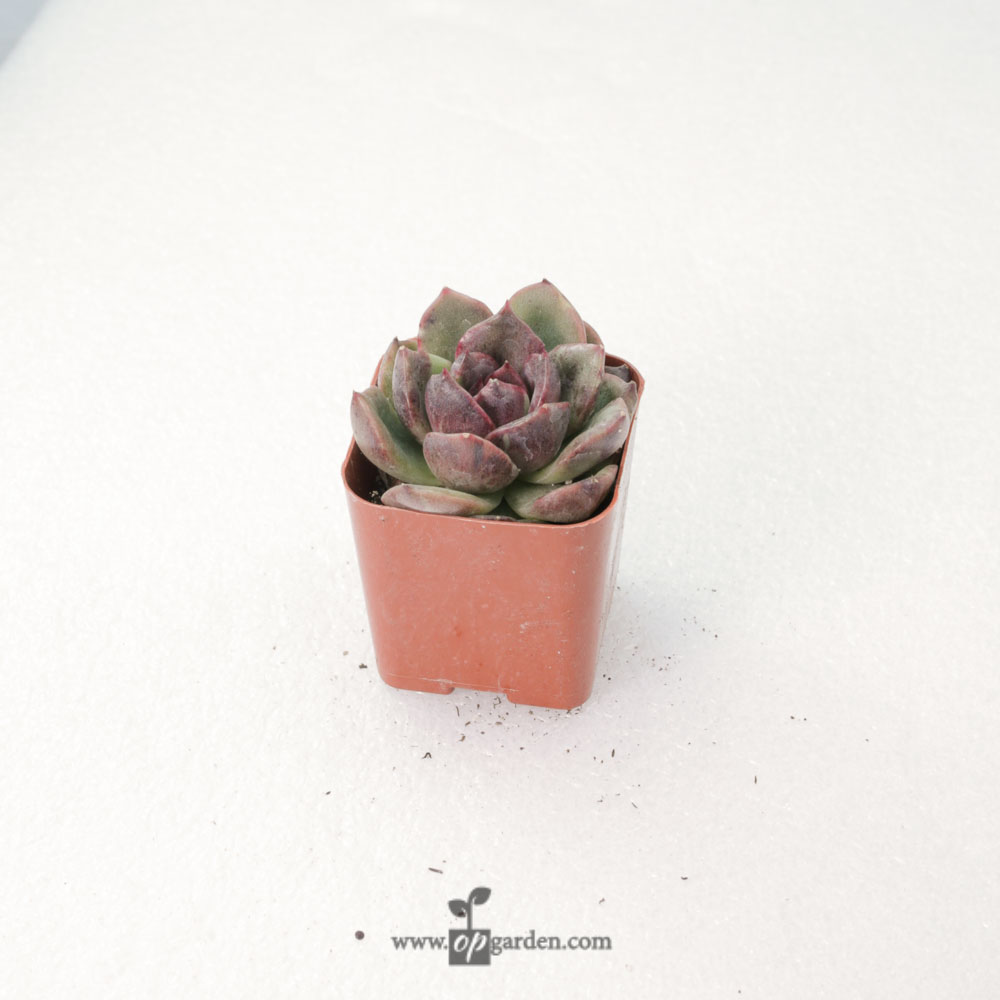
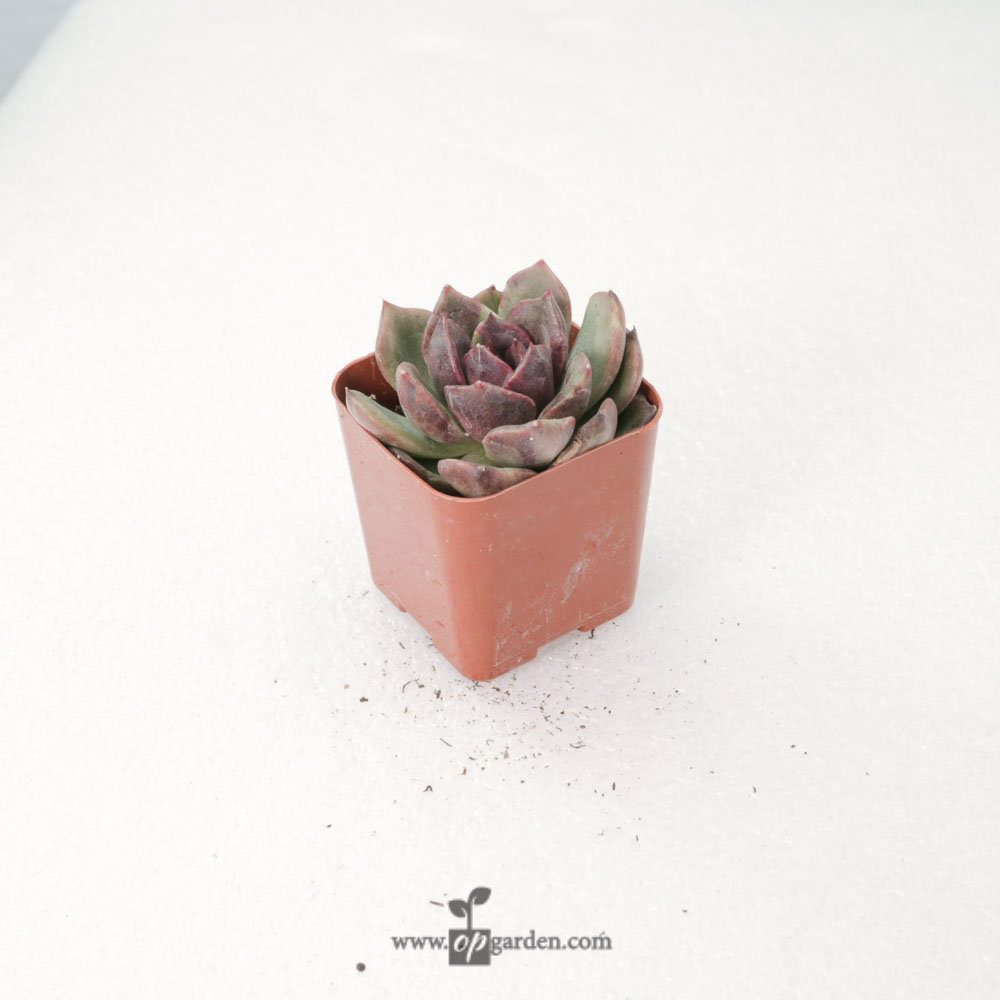
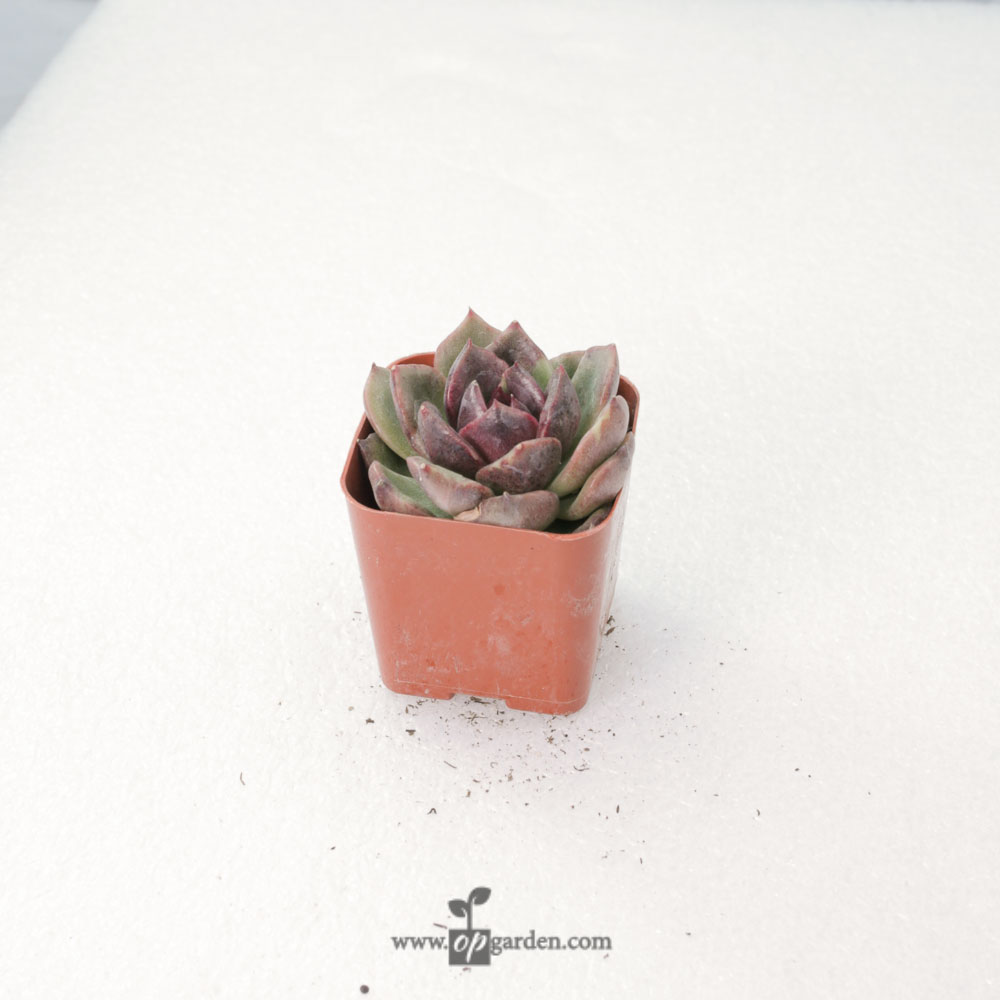



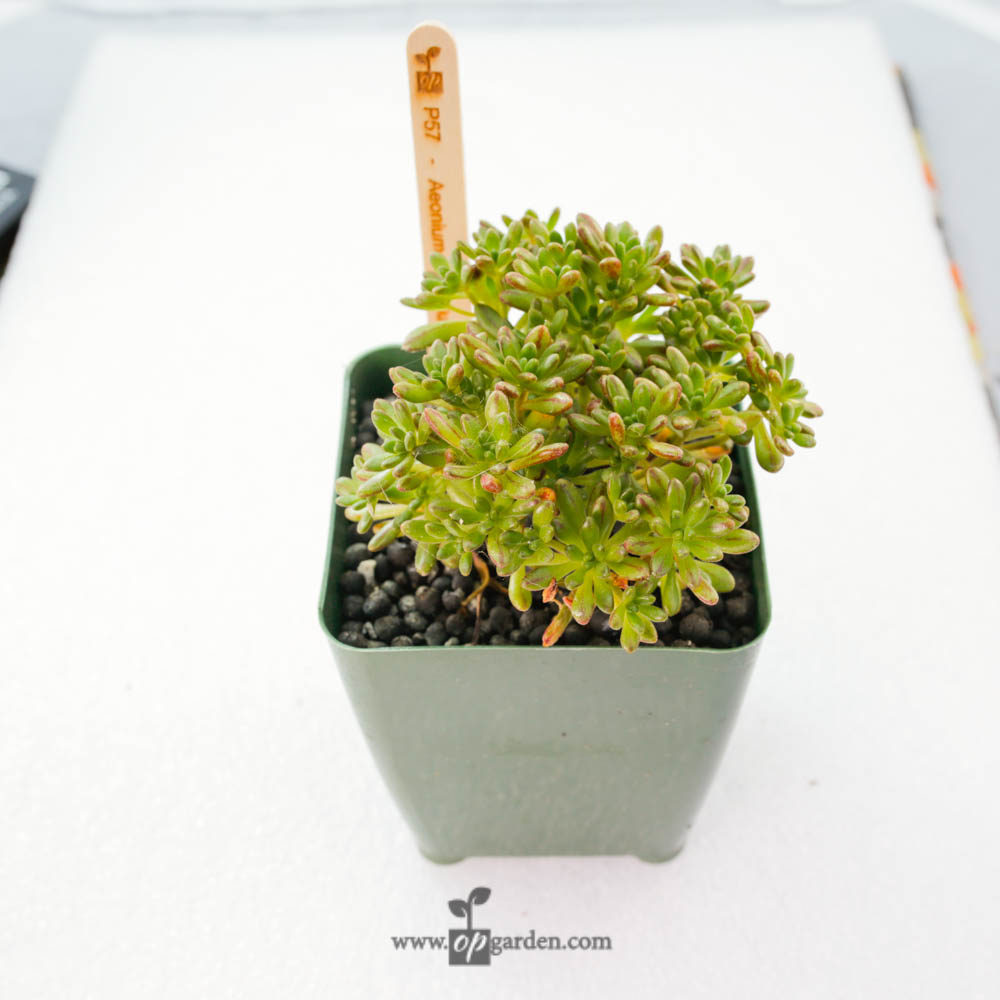
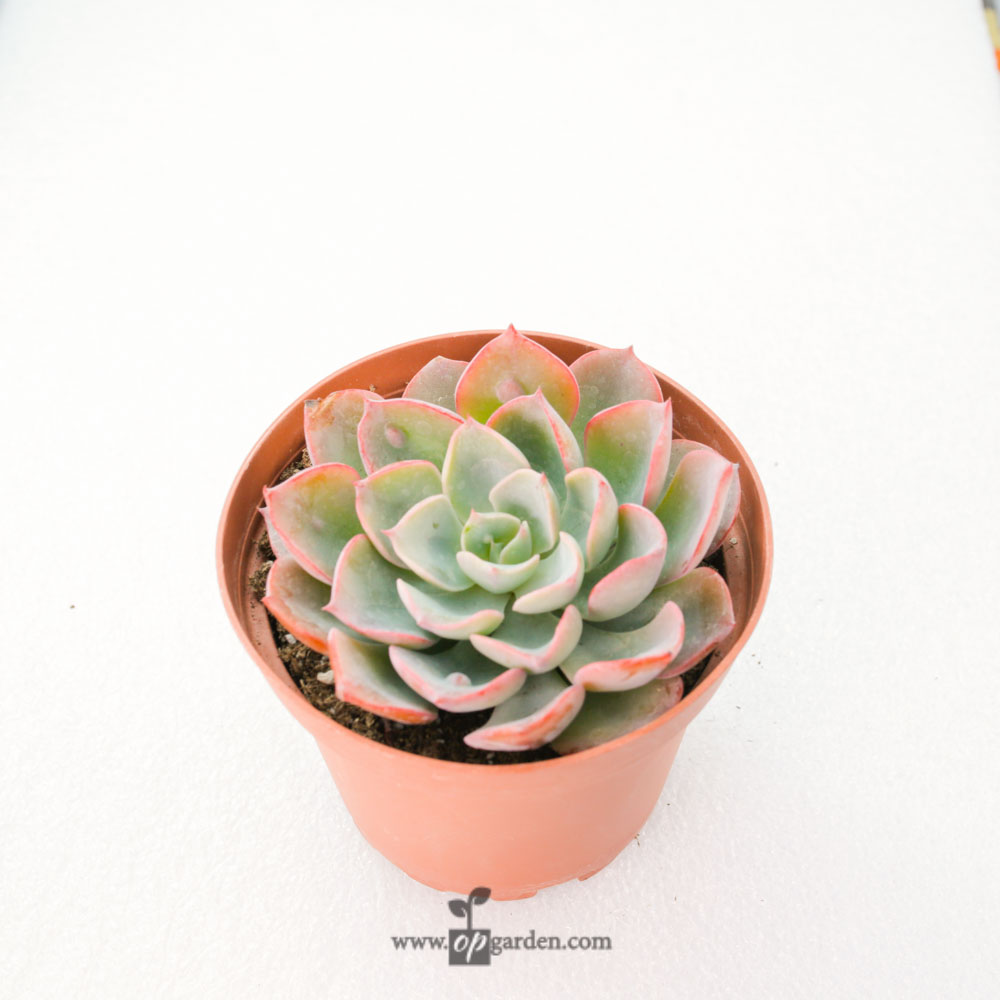
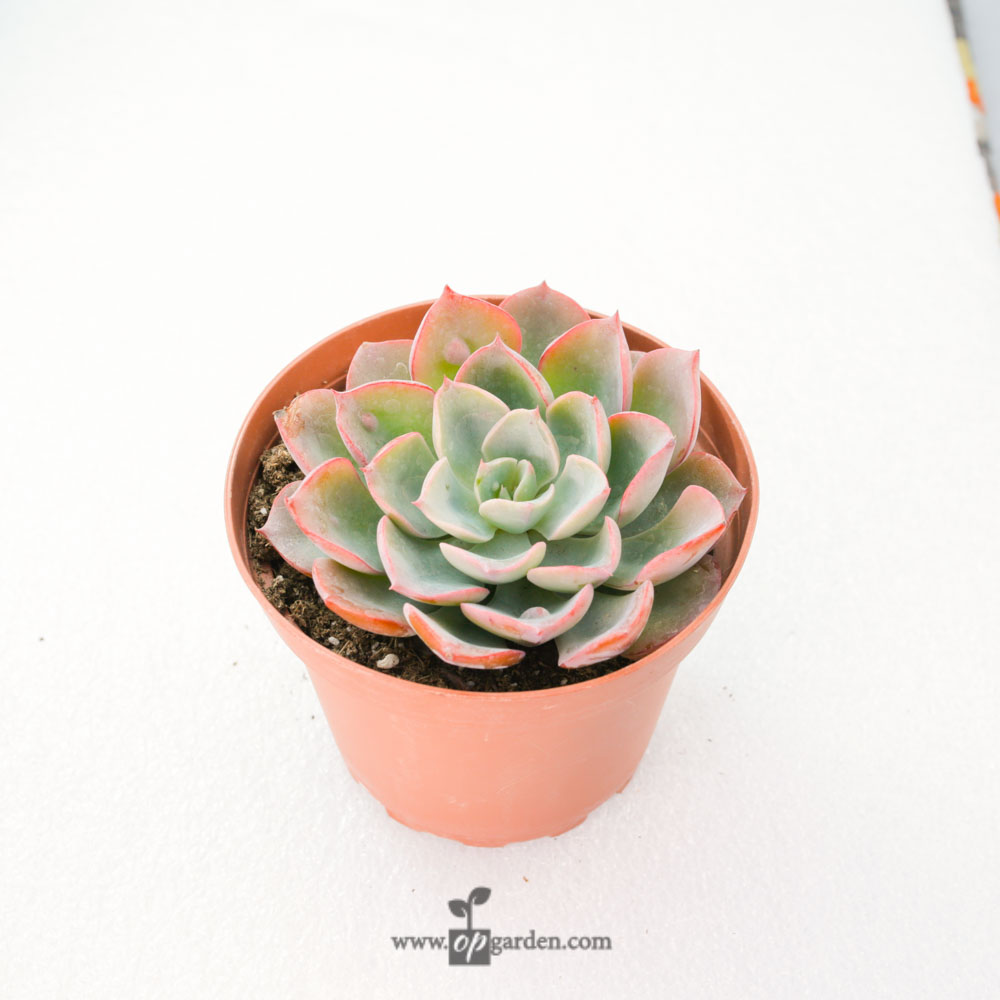
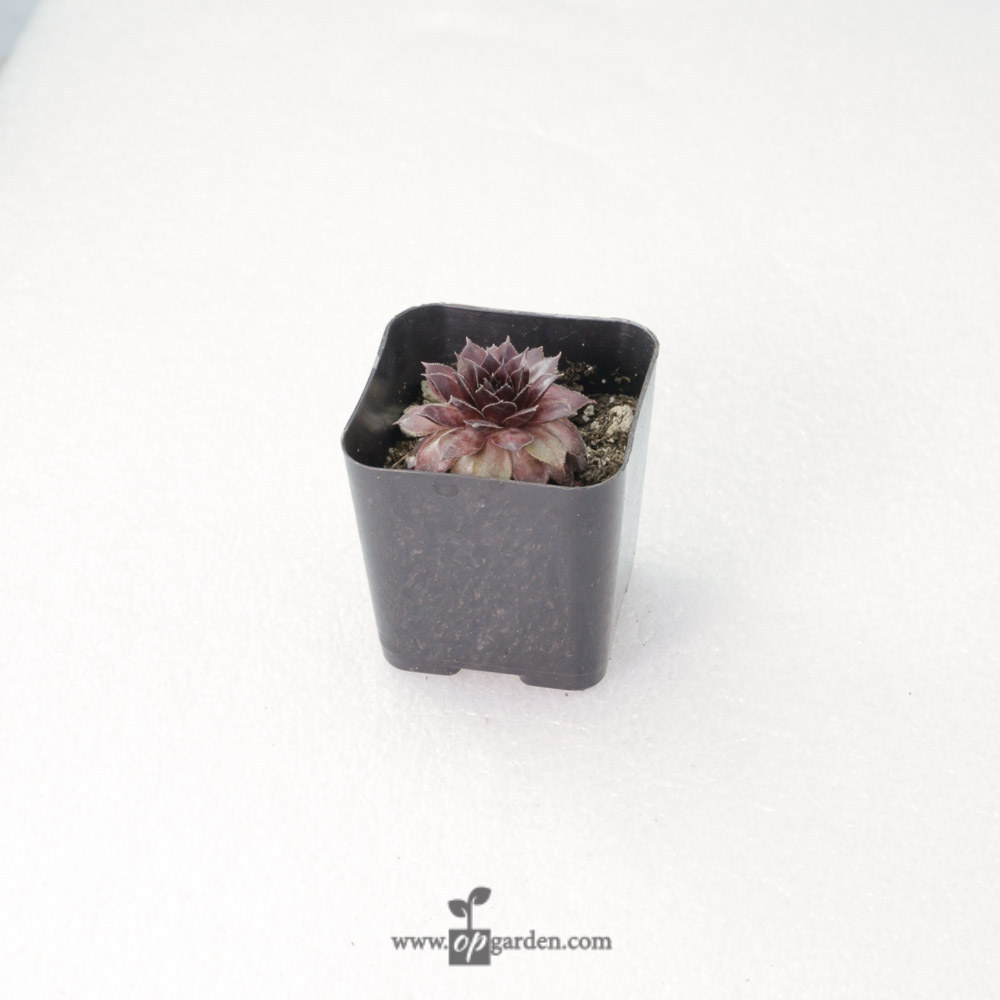
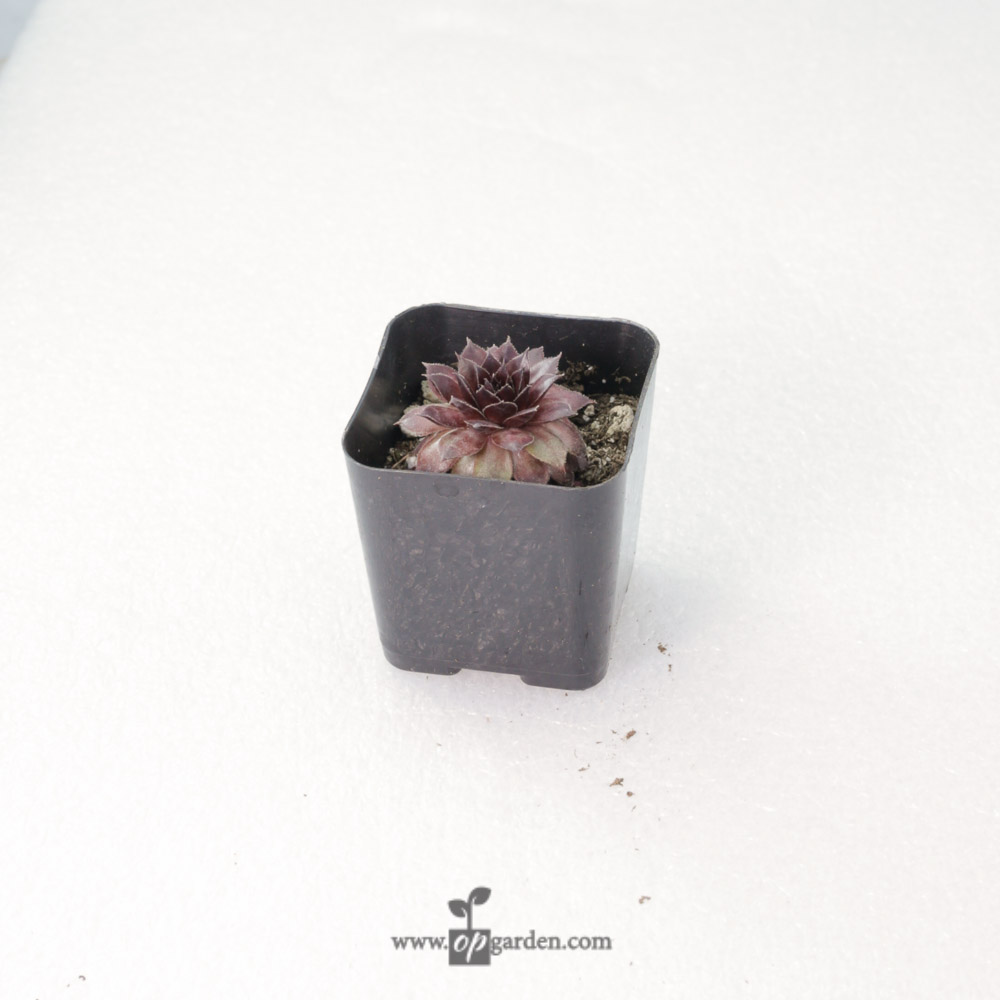
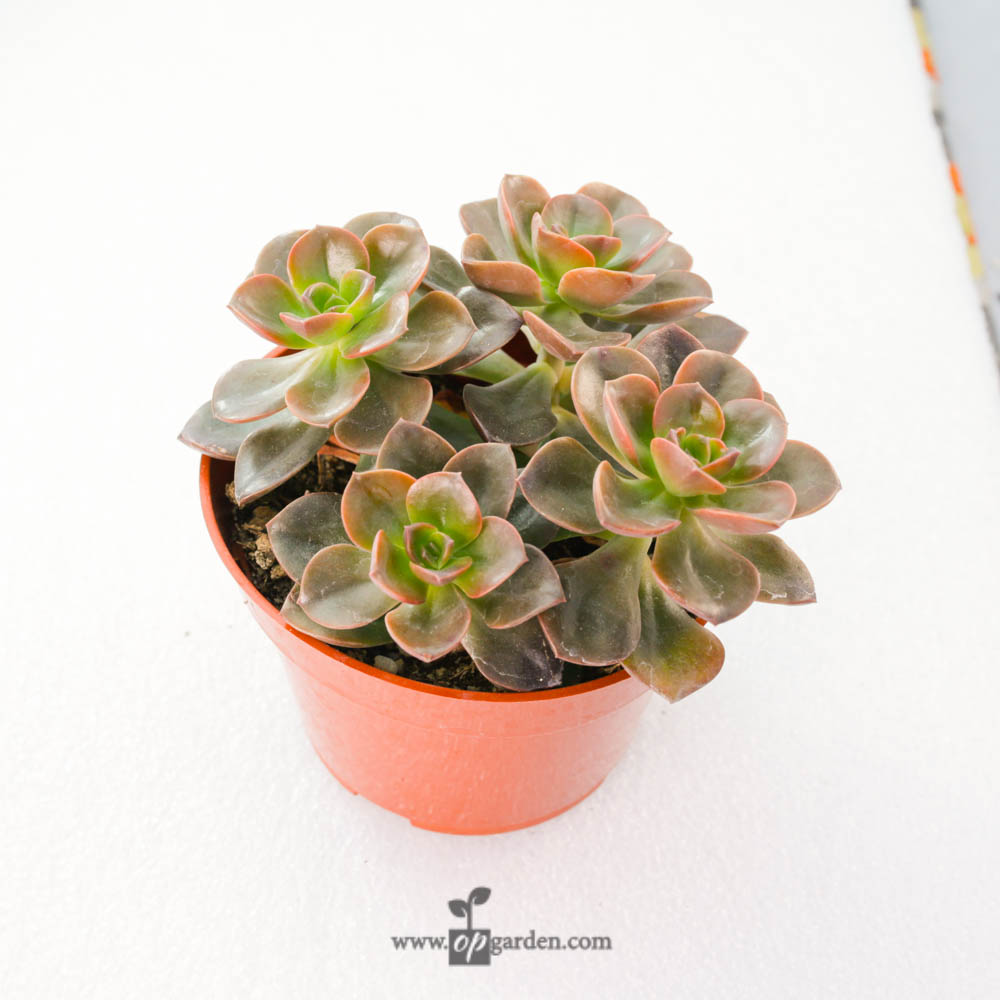
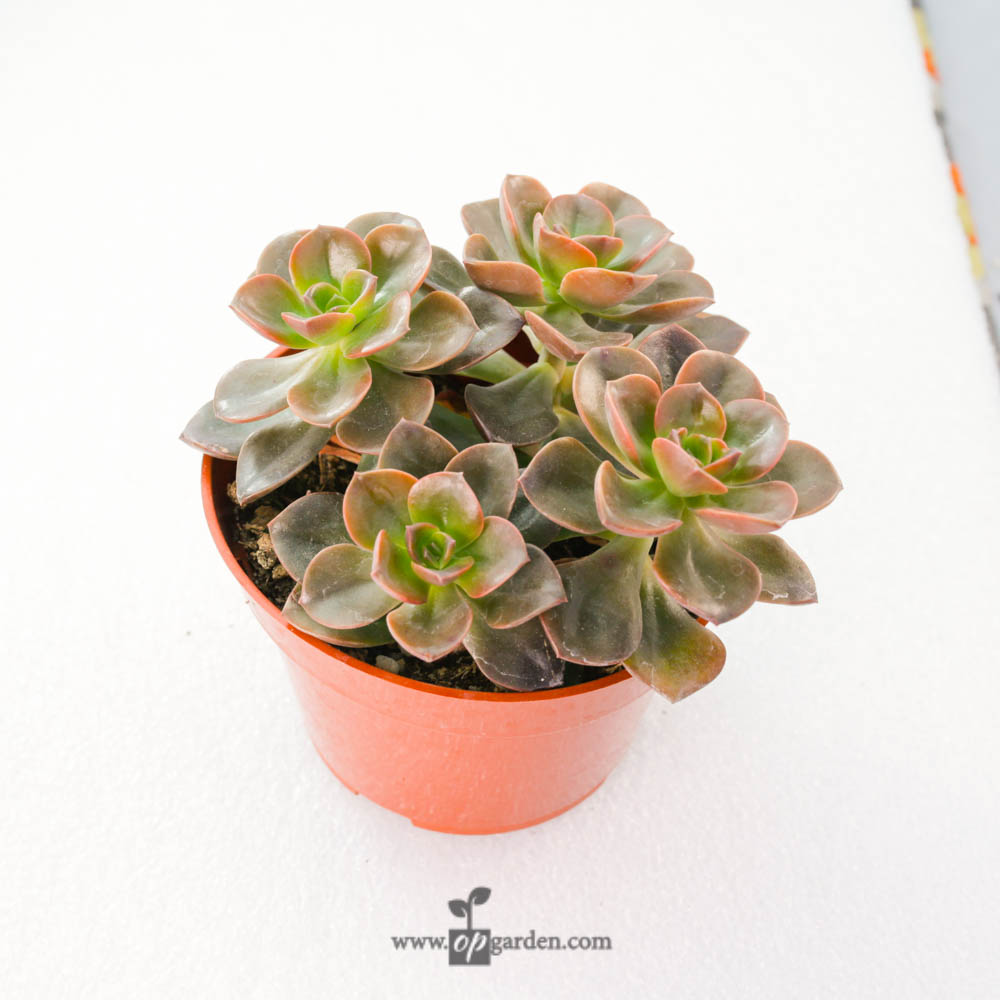
Reviews
There are no reviews yet.